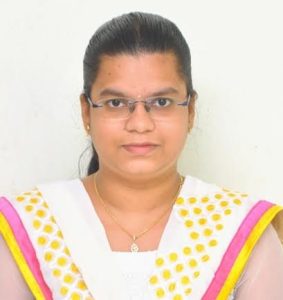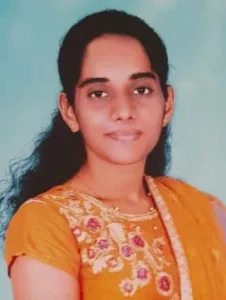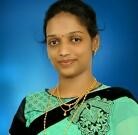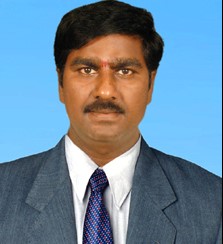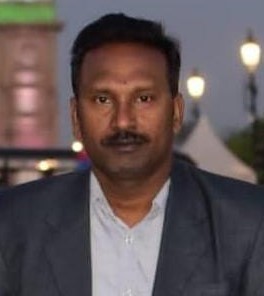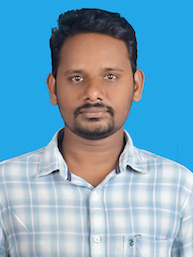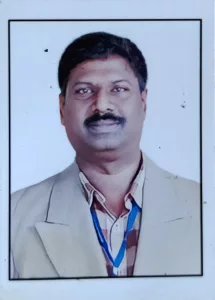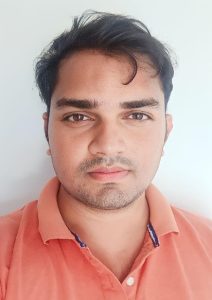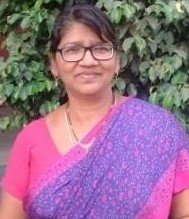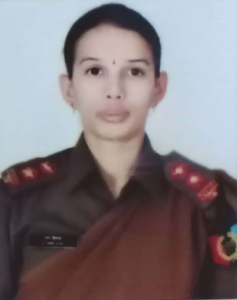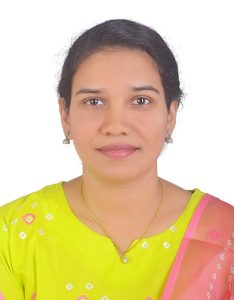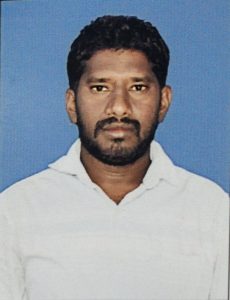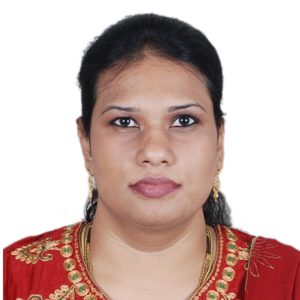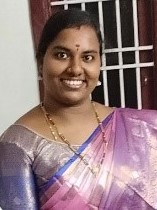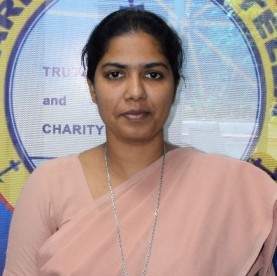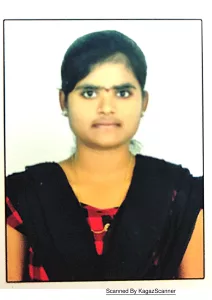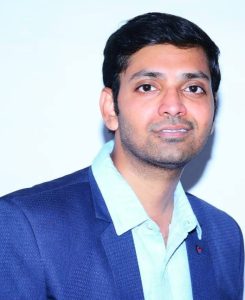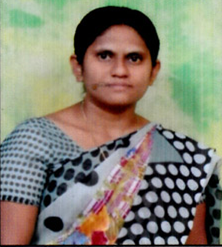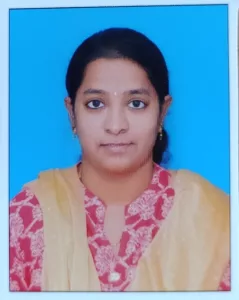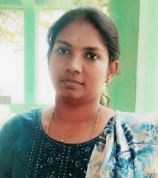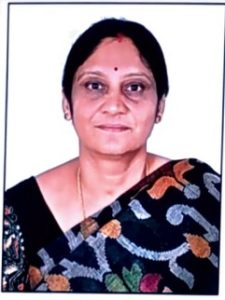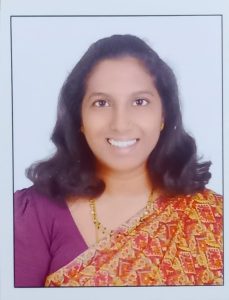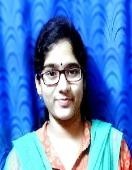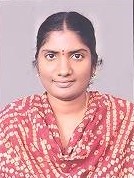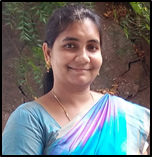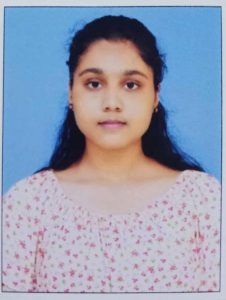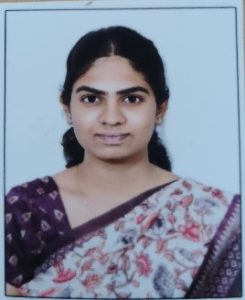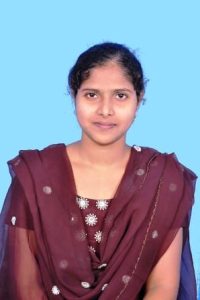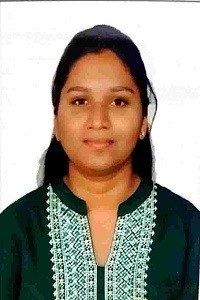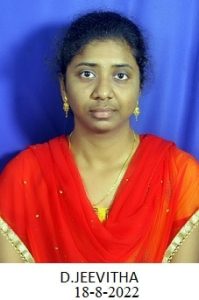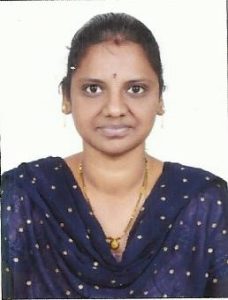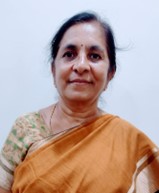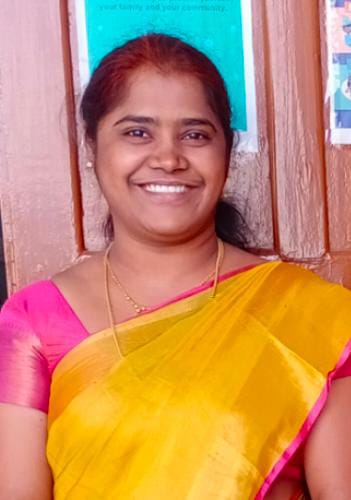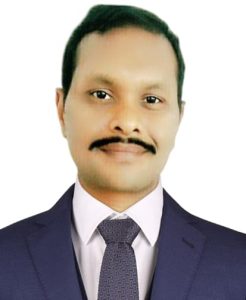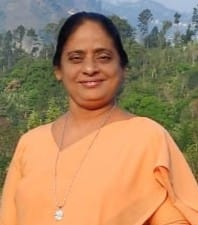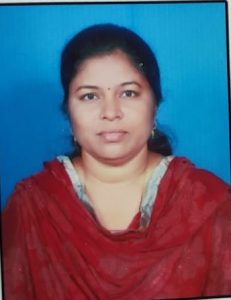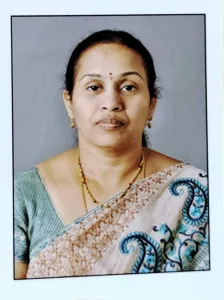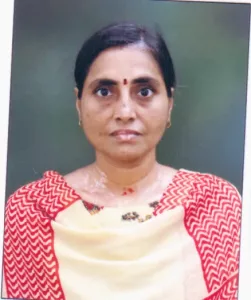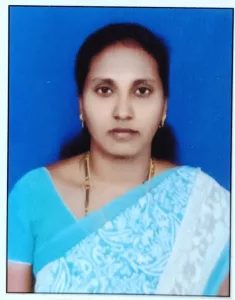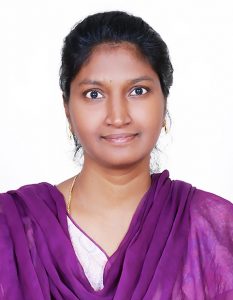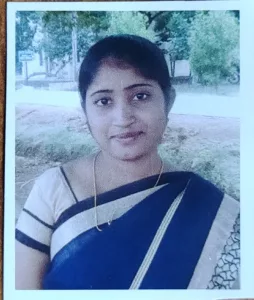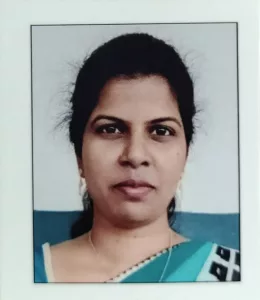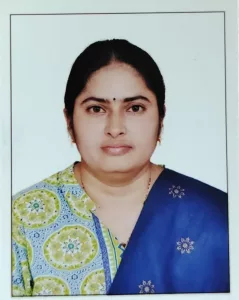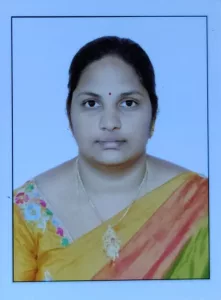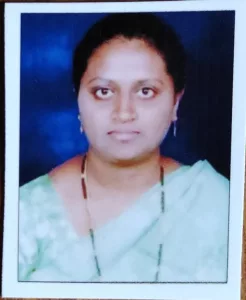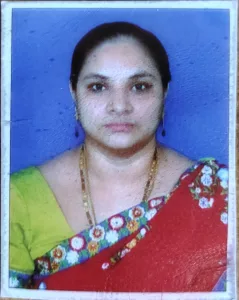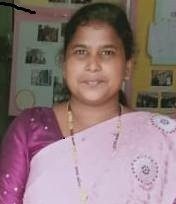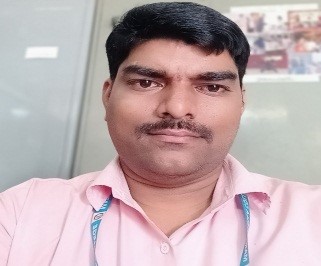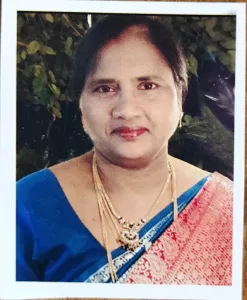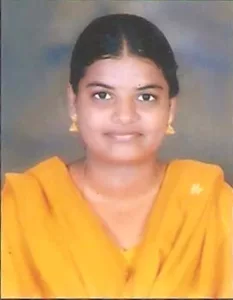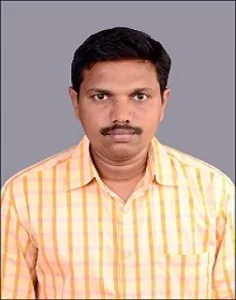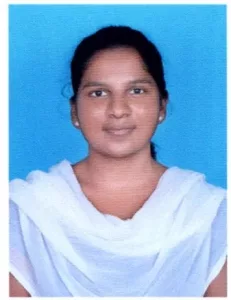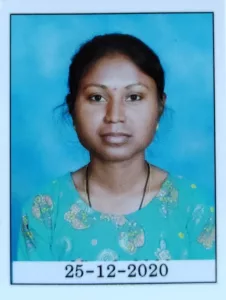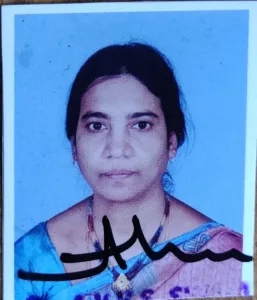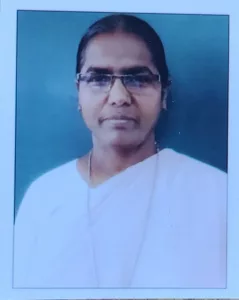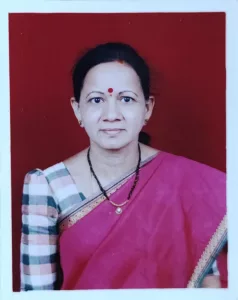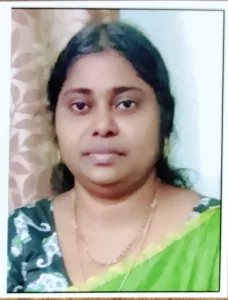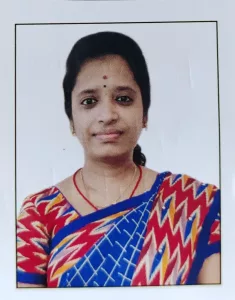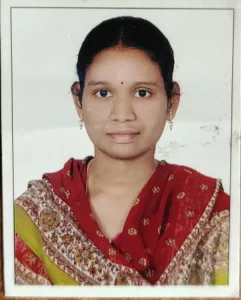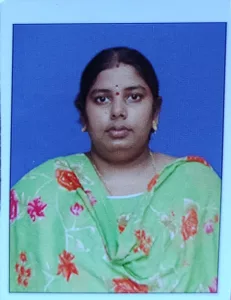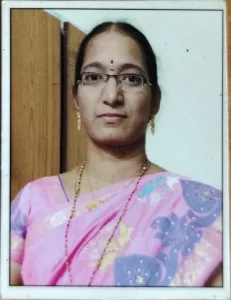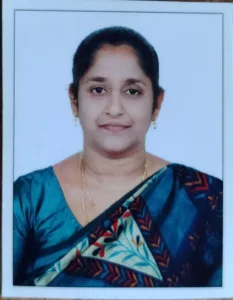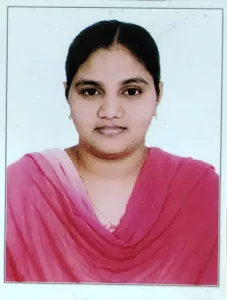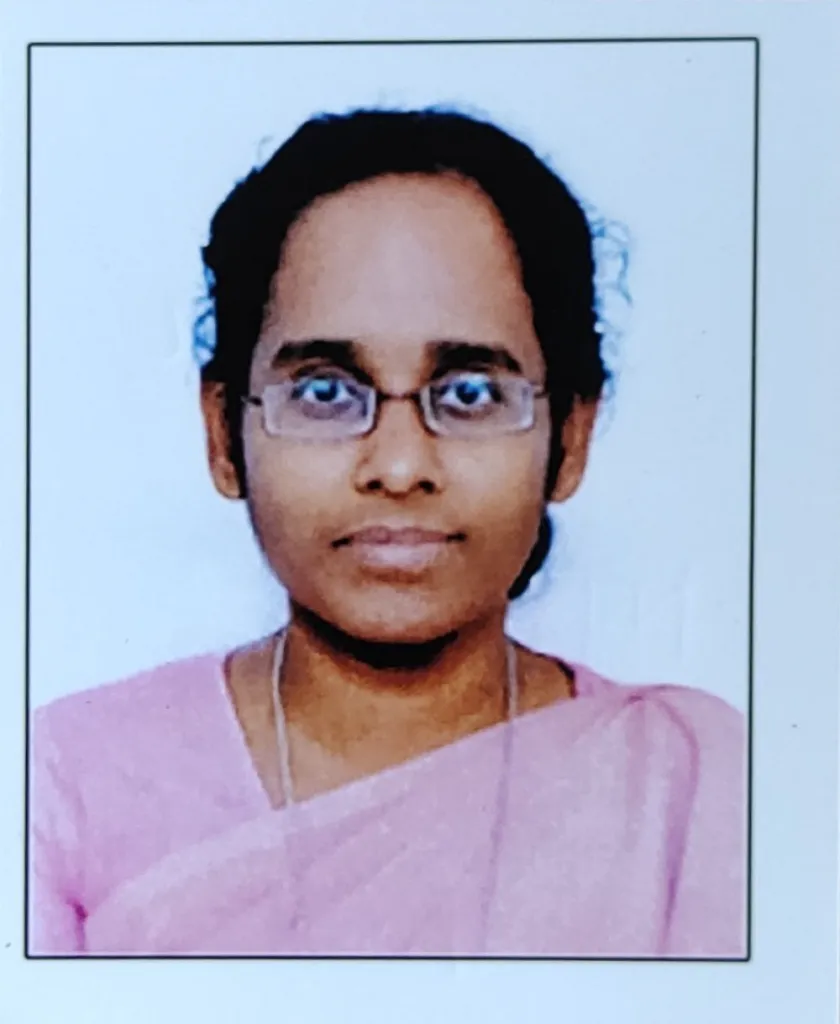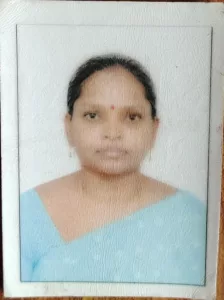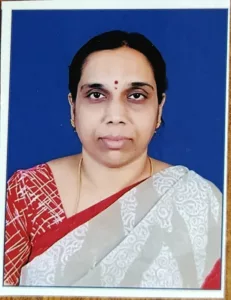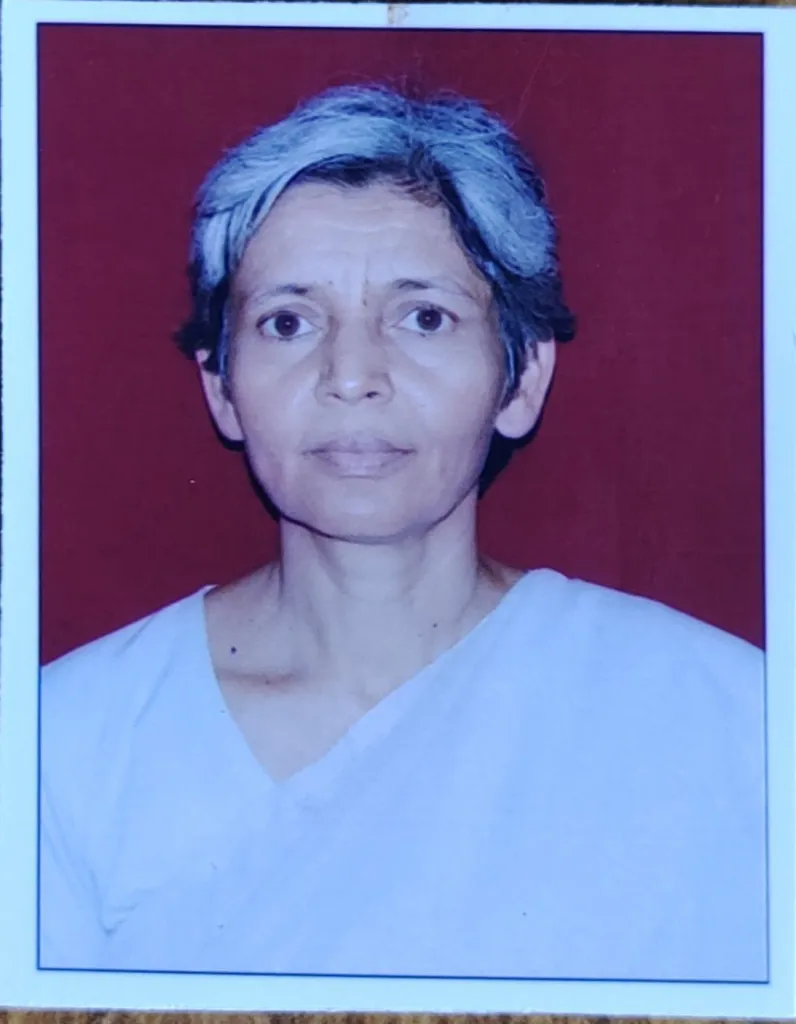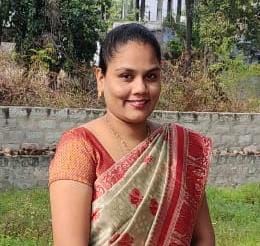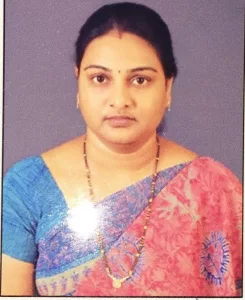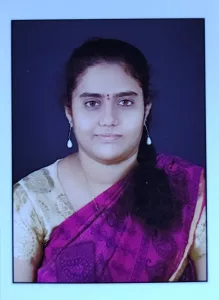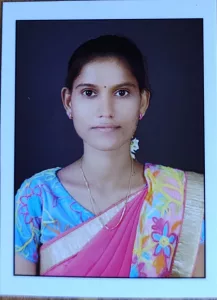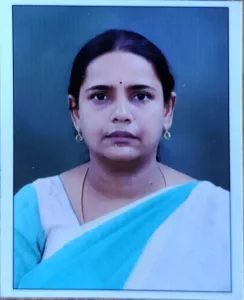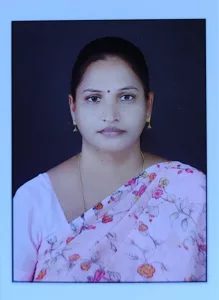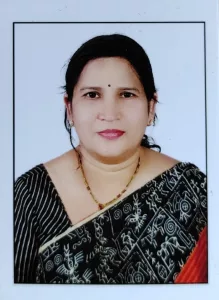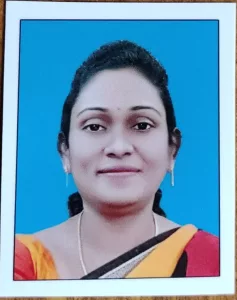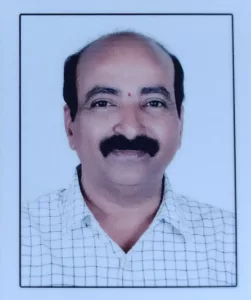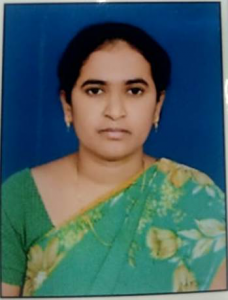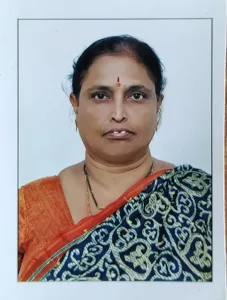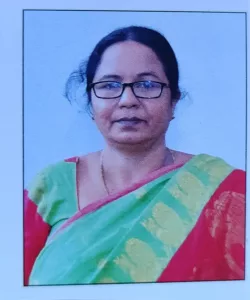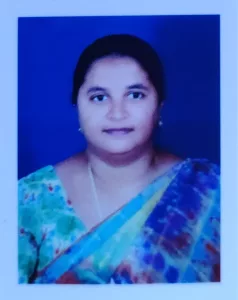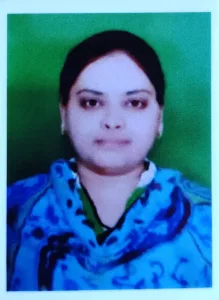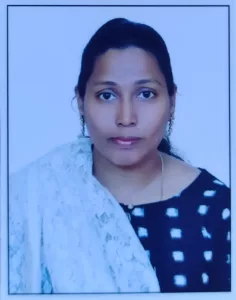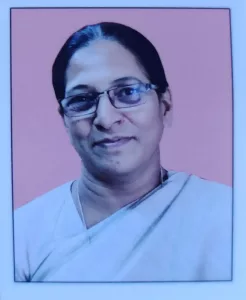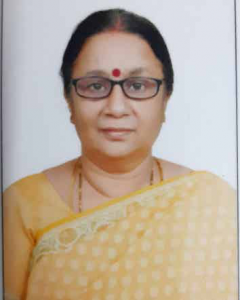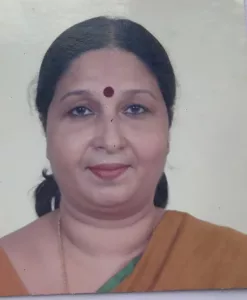ENGLISH
Overview of the Department
The Department of English is one of the oldest and premier departments of the college started in 1962. It offers General English to all the streams and English literature as a core paper in B. A and M.A programmes. The Department focuses to promote Communication Skills and empower students with relevant skills set in the globalised context. Having been introduced in 1992-93, the PG English Department has completed its Silver Jubilee in 2018-19 and organized a Two Day National Conference on “Skillset through Education” along with the other PG Departments. It is affiliated to Krishna University and is shortly going to become autonomous. At present, the programme is run as per the guidelines of KRU.
Goals and Objectives
Goals
- To prepare students to function effectively in the social and other situations in which they may be called upon to use English.
- To expose learners to literatures from different parts of the world so that this in turn would serve as an introduction to varying cultural contexts.
- To introduce students to critical appreciation and train them in analytical skills.
- To motivate students towards Research.
Objectives
- To equip learners for their present and future academic pursuits, to understand classroom lectures, improve reading skills, make references, participate in classroom discussions, make presentations and develop confidence and practice Soft Skills.
- To develop employability through Fluency in English.
- To cover all the periods of English Literature.
- To understand literary techniques and mode of comprehending a text.
- To emphasize the study of the English language- phonological, linguistic, and pedagogical.
- To take note of the current needs of the students and aim at the development of their communication skills.
FACULTY
Dr. Sr. G. Innyasamma
Ms. B. Santhi Sri
Ms. L.M.R. Swarupa Rani
Ms. Y. Supriya
Ms. T. Durga Mallika
Ms.Suswara Deepika
TELUGU
Overview of the Department
Since the inception of Maris Stella College the department of Telugu is a part of it. From 1962 to late 1980’s most of the students opted it for their language study. Even today Telugu is the most favourite course of many students. Being an autonomous college apart from the 80% curriculum prescribed by APSCHE the department of Telugu introducing 20% which creates more interest in subject to the students. In such a way the department prescribing the syllabus. The department is conducting various literary and cultural activities to build up confidence of a student in creative writing, in reading high standard works of literature and to present through dramas, seminars and mono actions by understanding the content properly.
Objectives
- Gain command over the language.
- Bring awareness about the moral values and personality building.
- Encourage to pursue higher studies.
Goals
- Develop the ability of presentation skills.
- Bring awareness of Indian culture and heritage.
- Acquire higher education with high academic standards.
FACULTY
Dr. V. N. Manga Devi
Dr. R. Srinivasa Rao
HINDI
Goals and Objectives
- भाषा पर अधिकार बढ़ाना|
- भारतीय संसृति और सभयता पर प्रकाश डालना |
- महात्माओं की जीवनियों के दव्रारा आत्मनिर्भरता , देशभक्ति आदि गुणों की महिमा का वर्णन
FACULTY
Ms. B. Karuna Harika
SANSKRIT
- Reviving the Past, Enriching the Present, and Empowering the Future with Sanskrit
AN OVERVIEW OF THE DEPARTMENT
1. Introduction
Established in 1984, the Department of Sanskrit has been dedicated to promoting the rich heritage of Sanskrit literature and philosophy while equipping students with the knowledge and skills to navigate the complexities of the modern world. Our objective is to provide students with a profound understanding of ancient texts, fostering an appreciation for India’s cultural and intellectual traditions. The department aims to cultivate analytical and critical thinking skills through the study of classical languages.
The vision and mission of the department align with College’s commitment to academic excellence, ethical responsibility, and the holistic development of students, equipping them with the knowledge and values to contribute meaningfully to society.
Vision:
To preserve, promote, and propagate the rich heritage of Sanskrit by fostering a deep understanding of its literature, philosophy, and linguistic traditions and integrating Sanskrit studies with contemporary knowledge systems, empowering students with ethical values, intellectual growth, and holistic development.
Mission:
M1: To provide a strong foundation in Sanskrit – Offer a well-structured curriculum that enhances proficiency in Sanskrit language, literature, and philosophy, ensuring a comprehensive understanding of India’s intellectual traditions.
M2: To promote interdisciplinary learning – Integrate Sanskrit studies with modern disciplines such as Yoga, Ayurveda, and Epigraphy to enhance its relevance in today’s world.
M3: To encourage research and scholarly contributions – Inspire students and faculty to engage in research on classical texts, comparative studies, and contemporary applications of Sanskrit knowledge.
M4: To cultivate ethical and cultural values – Instill moral values and a sense of cultural pride by studying Sanskrit scriptures, ethical discourses, and traditional wisdom.
2. Historical Background
Responding to the increasing interest among students, the Department of Sanskrit was established in 1984. Joining the department in the year 1988, Dr. Ramakrishna, AP State Best Teacher Awardee has been heading the department contributing significantly to the development of the department. Over the years, the department has witnessed a steady growth in student enrollment, reflecting the enduring appeal of Sanskrit studies.
In recognition of the significance of spoken Sanskrit, the department conducted a one-year Spoken Sanskrit Centre, sponsored by the UGC, during the year designated as the ‘Year of Sanskrit’ by the Government of India. Moreover, under the CPE of UGC, the department designed diploma and advanced diploma courses on Indian Indigenous Medicine and offered the same to the students.
The department has also organized six national conferences and one international conference on various topics, including: Sri Jagannatha Vangmaya Vaibhavam, Mana Telugu Tejam, Tribal Literature and Culture, Yogic Methods of Inquiry, Contribution of Andhrites in 60 Years of Independent India, Contribution of Prof. Satyavrat Shastri, the first Jnanpeeth awardee in Sanskrit to Sanskrit Literature, Krishnadevaraya’s Contribution to Sanskrit Literature, and Agamas. These events were sponsored by esteemed institutions such as Rashtriya Sanskrit Vidyapeetha-Tirupati, UGC, Indian Council of Philosophical Research-New Delhi, Sri Venkateswara Vedic University-Tirupati, A.P. State Council of Higher Education, and Sanskrit Academy-Hyderabad.
Additionally, a National Workshop and Exhibition on Sanskrit Epigraphy was organized in collaboration with the Archaeological Survey of India (Epigraphy Department), Mysuru, and the Department of Museums and Archaeology, Govt. of Andhra Pradesh.
3. Academic Programmes
The department offers Sanskrit as a second language option for undergraduate students across various disciplines. The curriculum is designed to provide a comprehensive understanding of classical texts, grammar, and literary criticism. Under the autonomous system, the department prescribes 20% of the curriculum, apart from the 80% mandated by APSCHE, to provide students with a mature understanding of Sanskrit.
4. Research & Consultancy
The department is led by Dr. D. Ramakrishna, a distinguished scholar with vast experience in Sanskrit literature and philosophy. He is actively involved in research, contributing to various national and international seminars and conferences. His research strength and specialized skills enable him to provide consulting services that utilize Sanskrit knowledge and expertise in the Department of Culture, Government of India; Kendriya Sahitya Academy, Government of India; IKS Division, Government of India; MMTTP of UGC; Rashtriya Sanskrit Vidyapeeth, Tirupati, Government of Andhra Pradesh.
5. Student Achievements & Activities
Students of the department actively participate in cultural and literary events, enhancing their appreciation for Sanskrit. Notably, during the ‘Sanskrit Saptah’ celebrations, students perform dances to Sanskrit phrases from contemporary movies, showcasing the language’s relevance in modern times. Tibetan students, students from other states and varied backgrounds also engage in these cultural programmes, reflecting the department’s inclusive approach.
6. Facilities & Resources
The department provides access to a well-equipped library with a vast collection of Sanskrit texts. Fifty books in Sanskrit which include all the classics of renowned scholars like Valmiki, Vyasa, Kalidasa, Bhara, Sudraka, Visakha Datta, and Bana Bhatta in poetry, prose, drama, grammar, criticism, and lexicons are made available in the departmental library. The departmental library also has volumes of ‘Epigraphia India’ and ‘Epigraphia Andhrika’ and a rare collection of journals such as ‘Andhra Sahitya Parishad Patrika’. Students and staff are encouraged to utilize these resources for their academic and research pursuits.
7. Industry & Community Engagement
The department has organized various conferences and workshops in collaboration with esteemed institutions, fostering a deeper understanding of Sanskrit’s relevance in contemporary society. These events have attracted scholars and practitioners from across the country, promoting a vibrant academic discourse.
8. Curriculum & Pedagogy
The curriculum is designed to balance traditional learning with modern pedagogical approaches. Innovative teaching methodologies are employed to make the learning process engaging and effective. The department emphasizes the practical application of Sanskrit through spoken language courses and encourages students to participate in literary activities.
9. Future Plans
The department plans to
- Introduce interdisciplinary courses that highlight the relevance of Sanskrit in various fields such as yoga, Ayurveda, and Indian philosophy.
- Establish a Sanskrit Research Centre to facilitate advanced studies and research.
- Strengthen collaborations with national and international institutions to enhance academic exchange and research opportunities.
- Engage in community outreach in order to promote Sanskrit awareness through workshops, conferences, and collaborations with cultural and academic institutions, ensuring its accessibility and relevance to society.
- Strengthen IKS Center
FACULTY
Dr. D. Ramakrishna
Program Register
JOURNALISM
Overview of the Department
Maris Stella College is proud to have a Journalism department that provides excellent academic and practical exposure to its students. Established in 2015, the department has grown steadily with many remarkable achievements.
The department has established itself as a platform for upcoming journalists, offering a curriculum that focuses on both print and electronic media fields. Through this programme, students develop their communication skills and prepare for successful careers in the media industry.
The department’s faculty members are highly qualified and experienced, providing students with personalised attention and guidance. Students have access to state-of-the-art facilities, including a comprehensive library.
Graduates from the Journalism department have gone on to achieve great success in their chosen fields, reflecting the effectiveness of the department’s curriculum and the quality of its instruction.
If you are passionate about journalism and aspire to make a career in the media industry, the Journalism department at Maris Stella College is the perfect place to begin your journey.
Goals and Objectives
- The Journalism department at our college aims to provide students with the knowledge, skills, and ethical framework necessary to succeed as media professionals in today’s rapidly changing media landscape.
- Our curriculum focuses on developing students’ abilities to gather, analyse, and present news and information accurately, fairly, and ethically.
- We believe in the values of truth, accuracy, fairness, and objectivity in journalism as these are essential for building public trust in the media.
- To encourage critical thinking and a commitment to lifelong learning, our department emphasises the importance of staying up-to-date with the latest developments in the media industry and of constantly improving one’s skills and knowledge.
- To foster a sense of responsibility and accountability in our students, our department encourages students to recognise the impact that their work can have on society and to act in ways that promote the public good.



